Stratfor, long unable to account for the dizzying heights to which oil prices, have soared, can more easily explain its recent collapse. But finally things are making sense. It argues with some satisfaction, that the steepness of the price fall only confirms its analysis that the previously high levels were somewhat artificial.
But before we dive into the short-term (that is, up to 12 months) impact of the new price environment, we must state our position in the oil price debate. We have long been perplexed about the onward and upward movement of the oil markets from 2005 to 2008. Certainly, global demand was strong, but a variety of factors such as production figures and growing inventories of crude oil seemed to argue against ever-increasing prices. Some of our friends pointed to the complex world of derivatives and futures trading, which they said had created artificial demand. That may well have been true, but the bottom line is that, based on the fundamentals, the oil numbers did not make a great deal of sense.
That’s an interesting thesis, which disturbingly implies there was something about the recent market which caused prices to depart from the fundamentals. However that may be, oil prices are now down and there are a new set of winners and losers in the big casino. The biggest winner by far, according to Stratfor, is the United States which stands to save about $2 billion a day on lower energy costs. The biggest losers are Venezuela, Iran, Nigeria, Russia and Canada, according to the think tank. In Canada, the wrinkle is that falling prices will hollow out the conservative power base of Alberta and have unforseen political consequences. However, the Middle East will not be put out as much as it one might think. The reason? They are sitting on a pile of cash, “with the Saudis alone probably having more than US$1 trillion socked away. Tiny Kuwait officially has a wealth fund worth more than US$250 billion. ”
So much for the Sunnis. Shiite Iran, according to Spengler at the Asia Times, is going down. The low oil prices are going to pull it into the depths like a ball and chain attached to a drowning man. (The main subject of his post is really the “Muslim risk premium”, but that’s OT).
Iran’s President Mahmud Ahmadinejad controls Iran through a kleptocracy of Central African proportions, dissipating the country’s oil windfall into payoffs to an “entire class of hangers-on of the Islamic revolution”, as I wrote in June (see Worst of times for Iran, Asia Times Online, June 24, 2008), when oil still sold at US$135 a barrel. What will Ahmadinejad do now that the oil price has collapsed? According to my Iranian sources, the answer is: Exactly the same thing, but without the money. …
Iran must break down, I argued last June, or break out, through a military adventure. The sand is slipping out of the hour glass, and the regime must decide what to do within a few months. If it does nothing, the default position, as it were, is Pakistan. … The lights are going out across the Middle East; states are failing, and it is not in the power of the West to make them whole again. All the strategic calculations that busied policy analysts and diplomats are changing, and the West has a very short time to learn the rules of a new and terrible game.
Interesting world we live in.
The idea of a linkage between markets — financial markets and oil for example — makes it interesting to speculate on the relationship between carbon emissions controls and petroleum prices. Australian environmentalists, for example, are furious at Kevin Rudd for pledging to cut the country’s carbon emissions by between 5 and 15% because they felt it wasn’t enough. Andrew Bolt noted that that Australian PM Kevin Rudd actually claimed that “he is in fact imposing on each person emission cuts of 34 per cent on 1990 levels by 2020 – the biggest cuts per capita of any country in the world, Britain possibly excepted. Think what it would involve in taxes, costs and fines to get you emitting a third less in just 12 years. ” Bolt warned that Rudd’s nod to Greenies would hamstring the Australian economy. Yet to the environmentalists it wasn’t enough. They were not only unsatisified, they were outraged.
Tim Blair describes the disturbance and screeching that followed which forced guards to remove some of the persons in the audience.
“We need hope,’’ one yelled.
“We’re not going to walk away from (action on) runaway climate change,’’ called out another.
One of the more interesting things to model is the relationship between the effects of carbon emissions regulation and oil prices. On the one hand, environmental regulations will tend to dampen economic activity, as Andrew Bolt notes. Viewed in terms of the fundamentals, environmental regulation should reduce the demand for petroleum. But on the other hand, it will tend to shift future production and exploration to the less environmentally regulated parts of the world. More importantly, environmental regulations will manage demand. Recall that one of the most coveted powers of a cartel, one which OPEC wields to great effect, is the ability to fix output. Cartels do not like markets in which there are large demand fluctuations because it creates an incentive to cheat. So a market in which the West consumes less petroleum but pays more for it would not be uncongenial to a cartel.
But lest anyone think that the Australian Green’s sense of urgency is extraordinary, the Associated Press recently reported that Barack Obama has little time left to cope with Global Warming. In the middle of an economic meltdown and a global fight against chaos, what we really should be worrying about is carbon levels. “The 10 hottest years on record have occurred since Clinton’s second inauguration. Global warming is accelerating. Time is close to running out, and Obama knows it. … ” We need to act NOW!!! and I’m not talking about the economy.
“The reality is, it may take more than the first year to get it all done,” Senate Energy Committee Chairman Jeff Bingaman, D-N.M., said recently.
Complicating everything is the worldwide financial meltdown. Frank Maisano, a Washington energy specialist and spokesman who represents coal-fired utilities and refineries, sees the poor economy as “a huge factor” that could stop everything. That’s because global warming efforts are aimed at restricting coal power, which is cheap. That would likely mean higher utility bills and more damage to ailing economies that depend on coal production, he said.
Obama is stacking his Cabinet and inner circle with advocates who have pushed for deep mandatory cuts in greenhouse gas pollution and even with government officials who have achieved results at the local level.
Recently the US Senate published a report by 650 scientists calling the Global Warming theory bunk, and ordinarily that might count for something. But for many, the debate is over. Even if Global Warming isn’t even likely, if it’s possible, well, there’s the Precautionary Principle. And the evidence, apparently is everywhere, even when it undermines the carbon thesis. The Associated Press article cited above also reported that a recently observed cooling trend is even more proof that Global Warming is accelerating. Imagine that.
Ironically, 2008 is on pace to be a slightly cooler year in a steadily rising temperature trend line. Experts say it’s thanks to a La Nina weather variation. While skeptics are already using it as evidence of some kind of cooling trend, it actually illustrates how fast the world is warming.
I wonder whether we aren’t glimpsing — in these intellectual gyrations and hysterial behavior — some of the exogenous factors that make oil prices rise even though the fundamentals don’t support the increase. Before the financial meltdown and the Madoff affair, I might have dismissed the notion that the markets responded to an invisible hand other than Adam Smith‘s as a wild conspiracy theory. The fix is in? Are there forces which are for their lives which are operating behind the scenes? Don’t be silly.




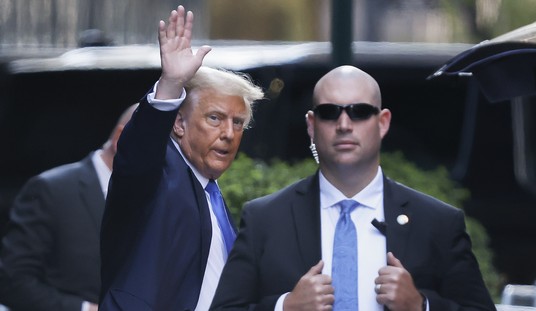
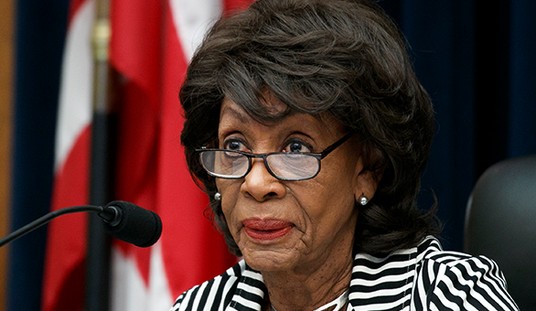
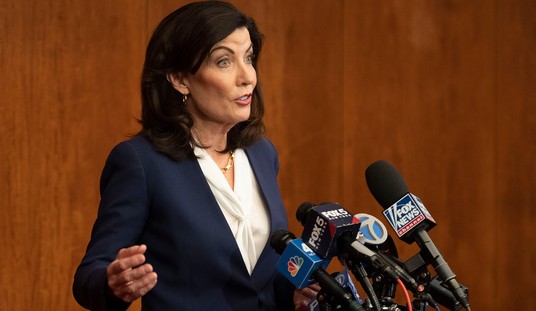
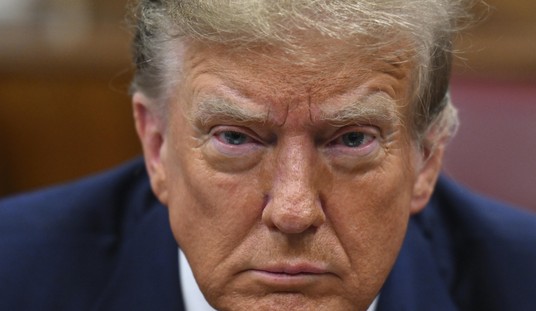
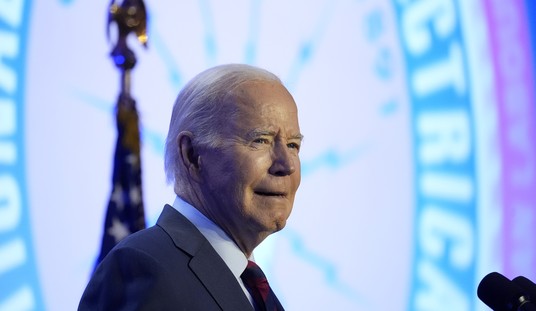
Join the conversation as a VIP Member